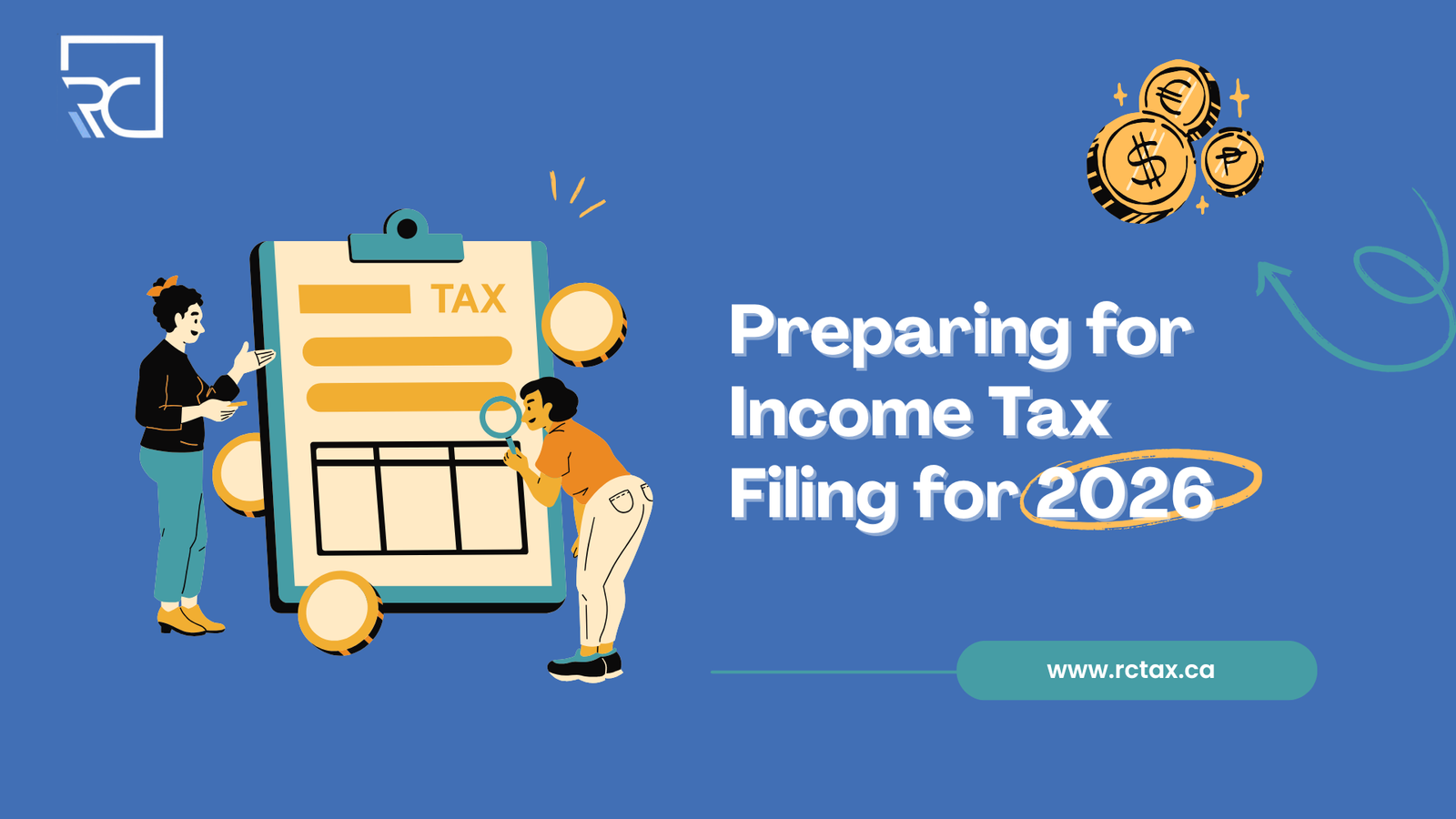How Trump’s Tax Cuts Could Affect Canadian Cross-Border Businesses in 2025
Tax policy changes in the United States don’t just stop at the border. For Canadians with cross-border business interests, investments, or U.S. income, the potential return of former President Donald Trump’s tax policies — often called the “big beautiful” tax cuts — could have significant financial implications.
Below, we break down key changes under the Tax Cuts and Jobs Act (TCJA) and what Canadian taxpayers should keep an eye on as discussions about extending or reviving these policies continue.
Lower Corporate Tax Rates — Competitive or Complicated?
One of the biggest shifts under Trump’s tax law was dropping the U.S. federal corporate tax rate from 35% to 21%. This lower rate made the U.S. more attractive for businesses seeking to expand or operate south of the border.
What it means for Canadians:
If you operate a U.S. subsidiary or branch, you may have benefited from lower corporate tax costs.
Lower U.S. rates could encourage some Canadian businesses to shift profits or structure operations in the U.S.
However, Canada’s controlled foreign corporation (CFC) rules and Foreign Accrual Property Income (FAPI) rules can trigger Canadian tax even on income earned by a U.S. corporation.
Key takeaway: Lower corporate taxes in the U.S. might not always mean lower overall taxes for Canadians. Planning is crucial.
Impact on Pass-Through Entities
The TCJA introduced a new 20% deduction for qualified business income from pass-through entities like LLCs, partnerships, and sole proprietorships.
For Canadians with U.S. interests:
Many Canadians invest in U.S. real estate or businesses via LLCs or partnerships.
The 20% deduction can lower the effective U.S. tax rate, but it often doesn’t reduce Canadian tax owed on the same income.
Cross-border tax credits can be limited, leading to double taxation if not structured carefully.
Changes to Individual Tax Rates
The TCJA lowered U.S. individual tax rates, with the top rate falling from 39.6% to 37%. These rates are scheduled to revert in 2026 unless new legislation is passed.
Considerations for Canadians:
Canadians working temporarily in the U.S. or earning U.S. income (like rental income or business income) could see higher personal tax costs if rates rise again.
U.S. citizens living in Canada are also directly affected by U.S. personal tax rates.
State and Local Tax (SALT) Deduction Cap
Trump’s tax law capped the deduction for state and local taxes at $10,000, significantly impacting high-tax states.
Why Canadians should care:
Canadians owning U.S. property or earning U.S. income may pay state taxes.
The cap limits how much state tax can be deducted against U.S. federal income, potentially increasing the overall U.S. tax burden.
Cross-Border Planning Matters More Than Ever
The potential extension or revival of Trump’s tax cuts could bring opportunities for tax savings — but also new compliance challenges. If you:
Operate a business in both Canada and the U.S.
Invest in U.S. real estate or partnerships
Are a Canadian resident who is a U.S. citizen or green card holder
…it’s essential to revisit your tax structures. What worked under past rules might not be optimal if rates change again.
Next Steps
At Ricky Chawla CPA Professional Corporation, we specialize in helping Canadians navigate cross-border tax complexities.
If you’d like to know how potential U.S. tax changes could affect your business or investments,
Contact us today for a personalized tax review! ⬇️






